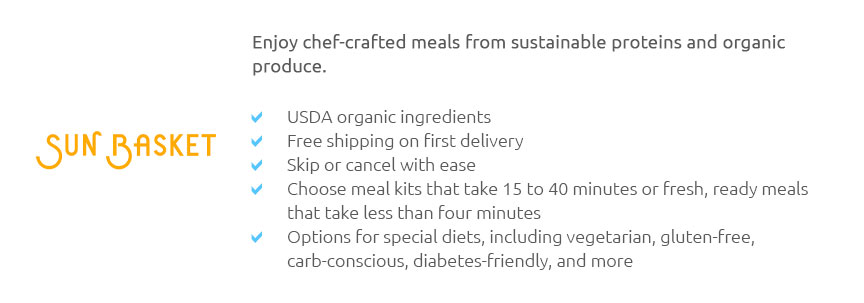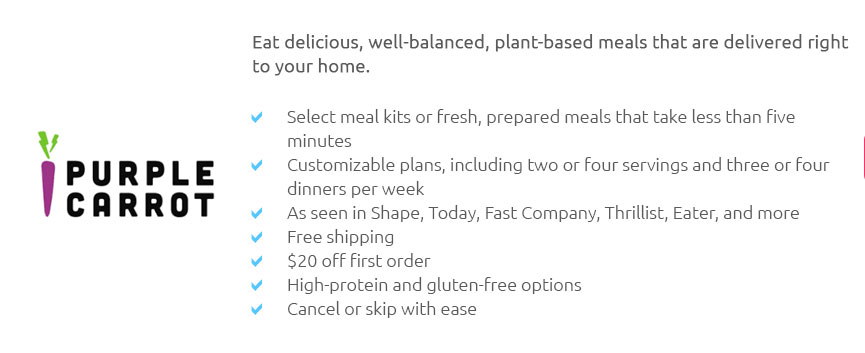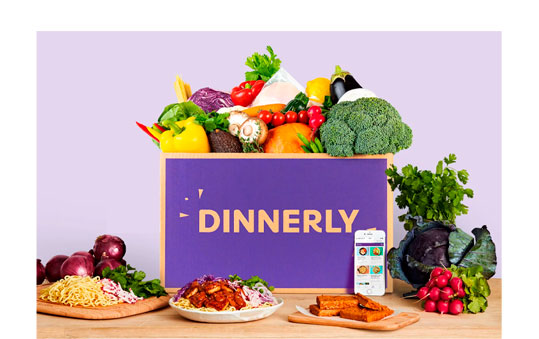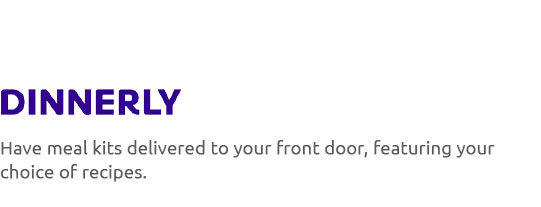 |
 |
 |
|---|
 |
|---|
 |
||||||
|---|---|---|---|---|---|---|
|
||||||
 |
 |
|||||
 |
 |
|||||
 |
 |
|||||
 |
 |
|||||
 |
 |
|||||
 |
 |
|---|
The Art of Meal Prepping: A Journey to Culinary EfficiencyMeal prepping, once a humble practice embraced by fitness enthusiasts and busy professionals, has burgeoned into a mainstream phenomenon, captivating a diverse array of individuals seeking to harmonize their nutritional goals with the chaotic tempo of modern life. At its core, meal prepping is a strategy that involves preparing meals ahead of time, typically for the week, thus liberating oneself from the daily grind of cooking while ensuring a balanced diet. Yet, beyond its practical benefits, meal prepping is an art-a delicate dance between creativity, planning, and nourishment. The beauty of meal prepping lies in its versatility. It caters to a myriad of lifestyles, whether you're a vegan, a carnivore, or someone with dietary restrictions. The key is to tailor your meal prep to your unique preferences and nutritional needs. For instance, a vegan meal prep might focus on vibrant salads, hearty lentil stews, and protein-packed quinoa bowls. Conversely, a high-protein meal plan might feature grilled chicken, boiled eggs, and an assortment of legumes. Embarking on a meal prep journey begins with planning. A well-thought-out plan is the cornerstone of effective meal prepping. Start by selecting recipes that align with your dietary goals and flavor preferences. Aim for variety to prevent palate fatigue; for example, a blend of Mediterranean, Asian, and Latin-inspired dishes can keep your meals exciting and flavorful. Once your menu is set, create a comprehensive shopping list to ensure no ingredient is left behind. This step not only saves time but also minimizes food waste-a small yet impactful contribution to environmental sustainability. Next comes the preparation phase, where the magic truly happens. Allocate a few hours of your weekend to cook and assemble your meals. Invest in quality storage containers; glass containers with airtight lids are a popular choice due to their durability and ability to preserve flavors. While cooking, consider batch-cooking staples like grains, proteins, and roasted vegetables. This approach allows for flexibility throughout the week; you can mix and match components to suit your mood or time constraints.
Of course, like any practice, meal prepping is not without its challenges. It requires an initial investment of time and effort, which can be daunting for beginners. The key is to start small. Perhaps begin by prepping lunches for the workweek and gradually expand as you become more comfortable with the process. Furthermore, while it's important to adhere to your meal plan, allow room for spontaneity. Life is unpredictable, and flexibility is crucial to maintaining a healthy relationship with food. In conclusion, meal prepping is more than a mere trend; it is a lifestyle choice that fosters efficiency, health, and creativity. It empowers individuals to take charge of their nutrition, reduce stress, and savor the joys of home-cooked meals, all while navigating the complexities of contemporary life. Whether you're a seasoned meal prepper or a curious newcomer, embracing this practice could be the key to unlocking a more balanced and fulfilling culinary journey. https://stayfitmom.com/single-serve-meal-prep-ideas/
I have always been team meal prep. I was a teacher for 1o years and I can't think of very many times I went to work without my lunch packed. https://www.youtube.com/@TheMealPrepManual
Josh Cortis. @TheMealPrepManual. 832K subscribers177 videos. Meal prep recipes to help you eat well, save money, save time and complement your training. Find ... https://www.instagram.com/easymealpreprecipes/?hl=en
354K Followers, 543 Following, 821 Posts - Easy Meal Prep Recipes (@easymealpreprecipes) on Instagram: "Helping you get organized with food, so you can get ...
|
|---|


